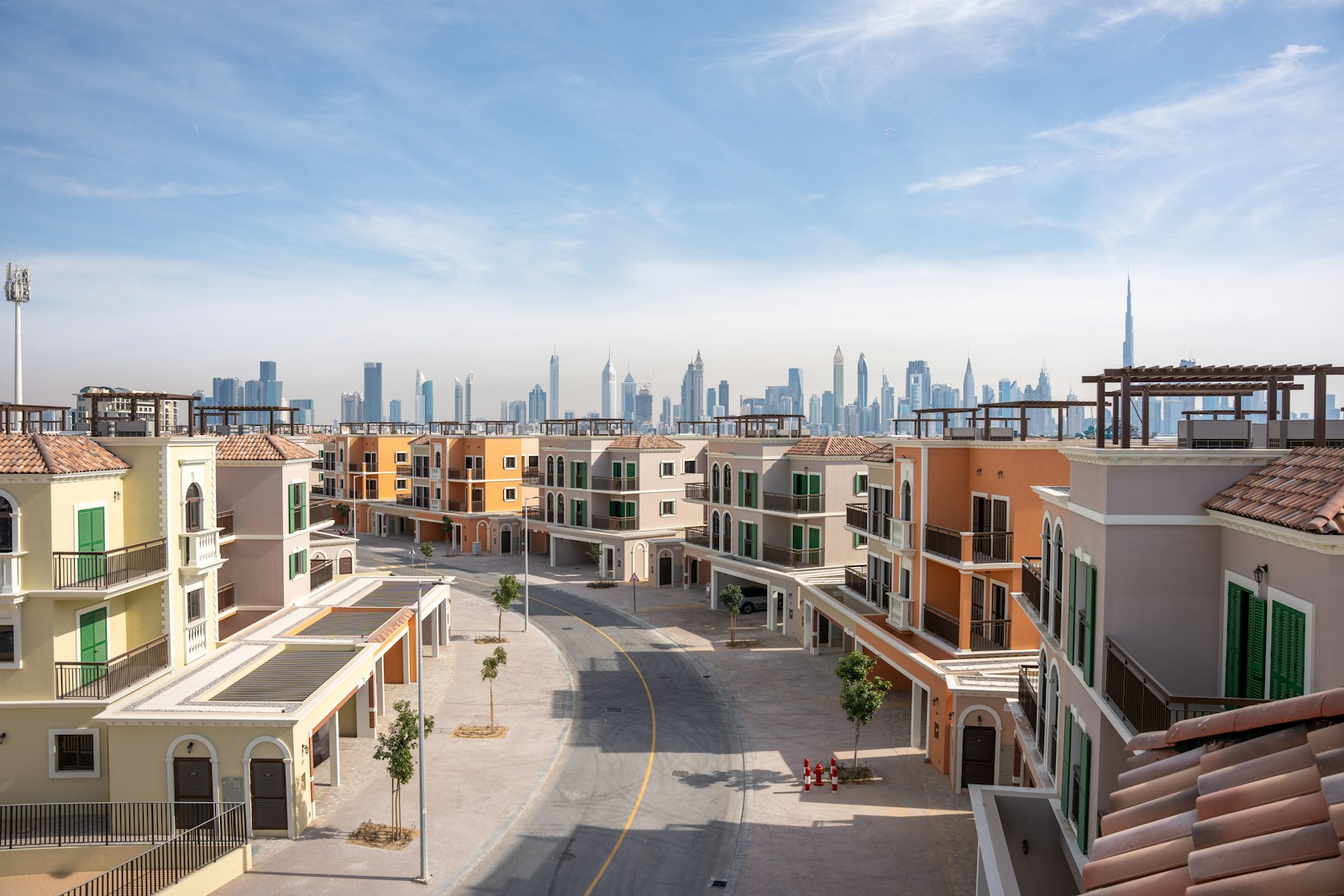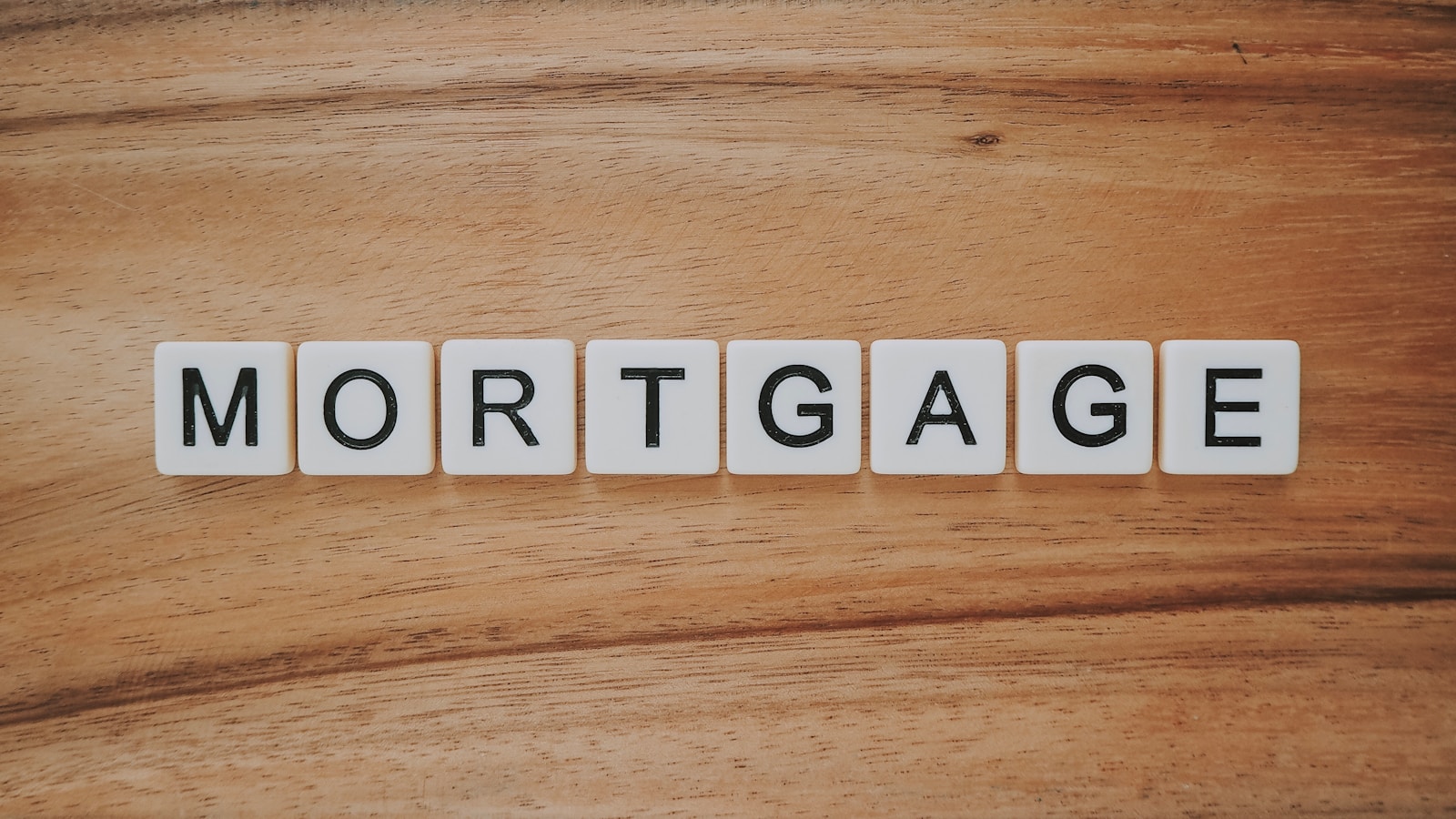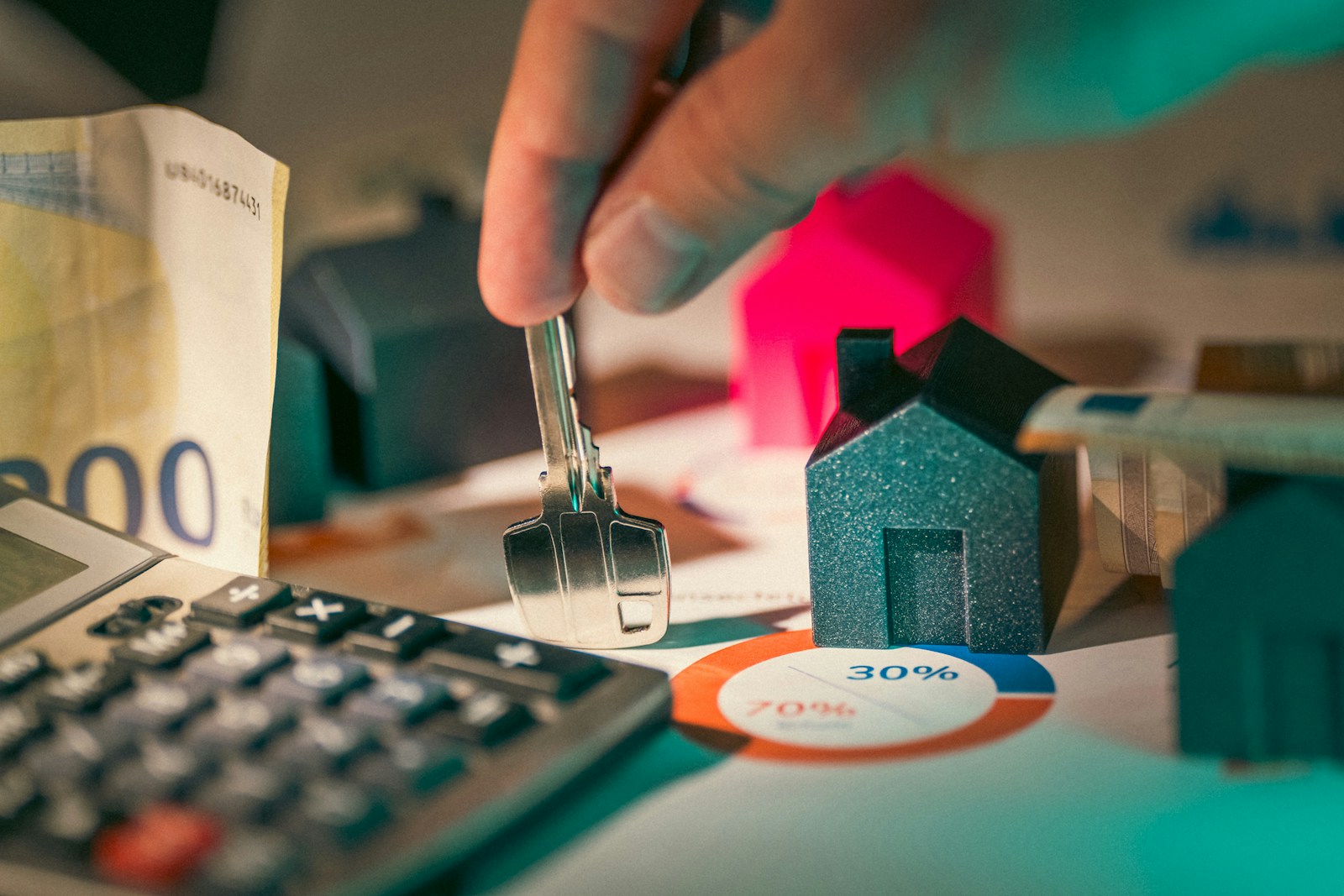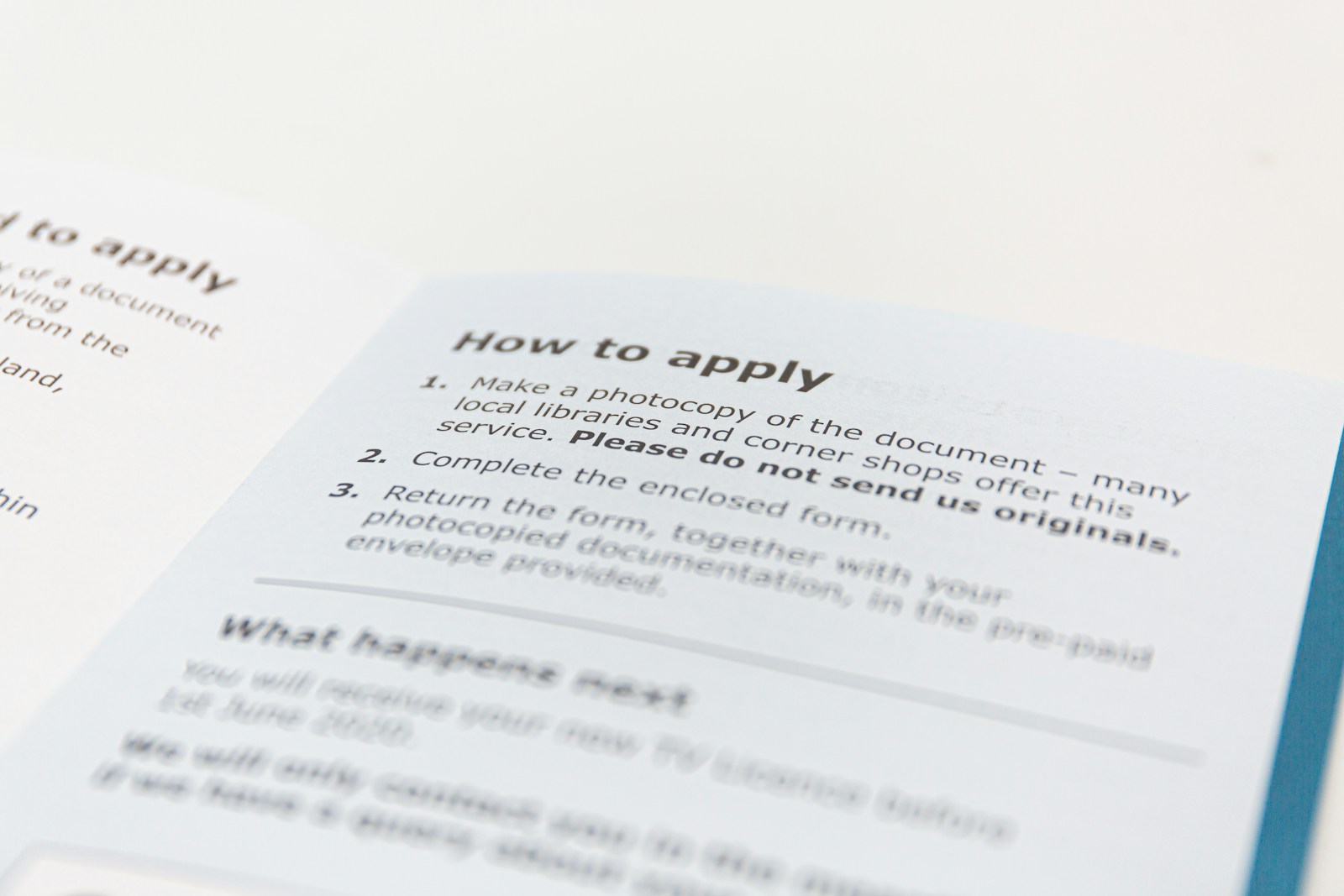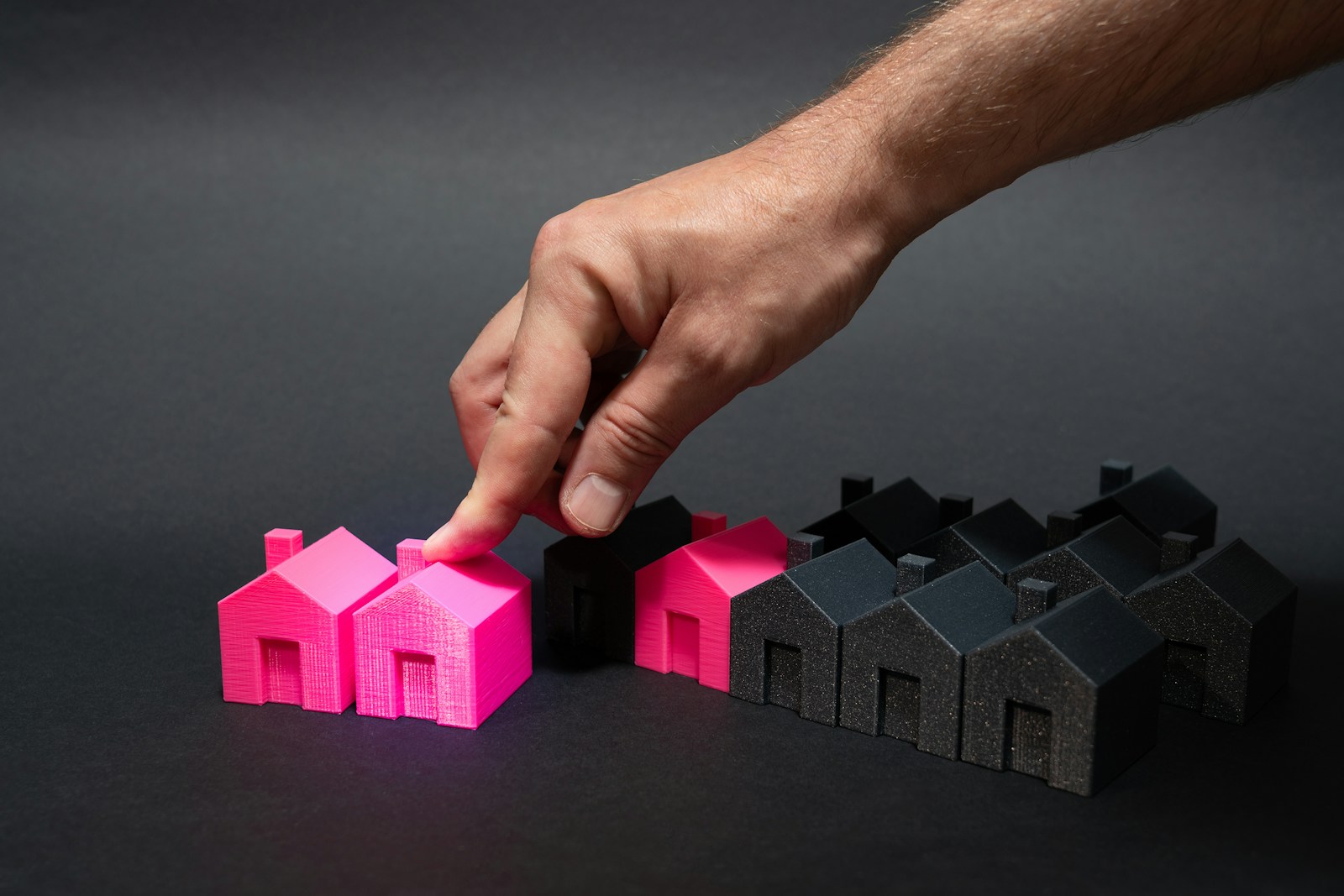Renting vs Buying Property in Dubai: The 2025 Dilemma
As Dubai’s real estate market evolves, residents face a critical question: should you rent or buy property in Dubai in 2025? With shifting prices, mortgage rates, and lifestyle goals, the decision carries significant financial implications. Factors like visa policies, evolving communities, and market projections make this more complex than ever. Understanding Dubai’s unique market dynamics is essential before choosing your housing path.
The Case for Renting in Dubai: Flexibility Without Commitment
Renting offers distinct advantages in Dubai’s fluid market:
- Lower upfront costs: Avoid hefty down payments (typically 20% for expats), property registration fees (4% of value), and agency commissions.
- Market volatility buffer: Renters aren’t directly exposed to potential price corrections or unexpected maintenance expenses like service charges (AED 15-40 per sq ft annually).
- Enhanced mobility: Dubai’s rapidly developing areas (like Expo City or Arabian Ranches III) let you easily relocate as communities evolve.
- Predictable budgeting: Annual rent increases are capped at RERA’s Rental Index rates, providing cost certainty.
Buying Property in Dubai: Long-Term Investment Potential
Purchasing property brings undeniable advantages in Dubai:
- Equity building: Mortgage payments gradually build ownership versus rent payments completely vanishing.
- Golden Visa eligibility: Property investments over AED 2M qualify for 10-year residency (AED 750k+ in specific zones).
- Tax-free returns: Enjoy rental income and capital appreciation without property taxes – a unique Dubai advantage.
- Personalization freedom: Owned properties allow renovations without landlord restrictions.
- 2025 price projections: Analysts forecast modest appreciation (3-5% annually) driven by infrastructure projects and economic diversification initiatives.
Cost Analysis: Crunching the Dubai Property Numbers for 2025
Consider this hypothetical comparison for a 2-bedroom apartment in Downtown Dubai (AED 2M value):
- Buying scenario: 20% down payment (AED 400k) + AED 80k registration + AED 27k annual service charge + AED 95k annual mortgage (3.5% rate).
- Renting scenario: AED 120k annual rent + AED 5k agency fee, requiring ZERO major upfront capital investment.
Buying becomes financially favorable after 6-8 years of ownership due to principal repayment and equity accumulation. However, short-term ownership favors renting due to transaction fees and mortgage interest.
Key Factors Shaping Dubai’s 2025 Real Estate Landscape
Several trends will influence your decision:
- Mortgage rate outlook: Current rates hover around 3.5-4%, with analysts predicting stabilization if global inflation cools.
- New property handovers: Expected 31,000 units in 2025 might stabilize rental growth in non-prime areas.
- Golden Visa demand: Continued residency-by-investment interest could support mid-to-high-end property values.
- Expo 2020 legacy districts: Areas like District 2020 may see accelerated appreciation as development continues.
The Verdict? It Depends on Your Personal Blueprint
Renting makes sense if: You value location flexibility, anticipate career changes affecting income, prioritize liquidity, or plan to leave Dubai within 5 years. It’s ideal for experiencing Dubai without long-term commitment.
Buying becomes smarter if: You seek stable residency status (Golden Visa), plan to stay 7+ years, want to leverage Dubai’s tax-free investment environment, or have consistent surplus income.
Tip: Use RERA’s Rental Increase Calculator and mortgage affordability tools to personalize projections based on YOUR financial profile. Market conditions matter, but personal circumstances are equally decisive.
Final Analysis: Charting Your Path in Dubai’s Dynamic Market
Dubai’s real estate landscape in 2025 neither fully favors renters nor buyers universally. Short-term residents benefit significantly from renting’s flexibility, while investors and long-term settlers gain more from owning tangible assets and residency pathways. With stable appreciation predicted but rental regulations favoring tenants, align your choice to your timeline and financial resilience. Crucially, consult mortgage specialists and property experts to assess individual affordability scenarios before finalizing your Dubai home strategy.

